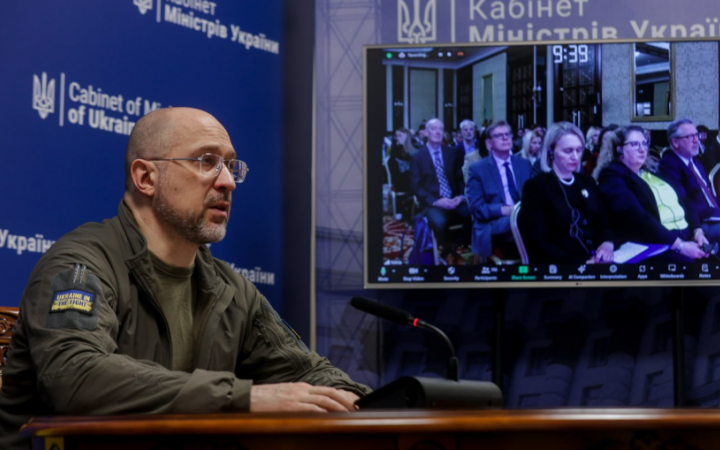The total economic, social and other losses of Ukraine as of the end of 2023 amount to almost USD 499 billion, Prime Minister Denys Shmyhal has said during the presentation of the third damage and recovery needs assessment for Ukraine (RDNA3), conducted with the participation of the World Bank.
The sectors that suffered the most were trade and industry, agriculture, energy and transport.
"Ukraine's reconstruction needs amount to almost USD 486 billion. Of this, USD 15 billion needs to be spent on rapid recovery. We have seen that reconstruction needs have continued to grow over the past year. This growth is particularly evident in the housing sector, where 10% of the total housing stock has been destroyed or damaged by enemy actions," the prime minister said.
According to the head of government, the negative dynamics is also present in the agricultural sector and in the environment due to the russian terrorist attack on the Kakhovka hydroelectric power plant and the mining of Ukrainian land.
The prime minister stressed that the main resource for Ukraine's recovery should be the confiscation of frozen russian assets. Ukraine's position remains unchanged – russia must pay.
"We need to start this process this year. We see the use of proceeds from russian assets as a possible interim solution that does not negate the need for full confiscation," said Denys Shmyhal.
Despite the full-scale war, the Government of Ukraine, with the support of international partners, continues to implement a rapid recovery programme. Last year, more than 37,000 facilities were restored. At the same time, the Government is creating conditions for attracting private investment that will accelerate the process of rebuilding and transforming Ukraine on its way to the EU.
According to the prime minister, the attraction and allocation of USD 15 billion for rapid recovery will generate approximately USD 5.5 billion in private investment.
"We expect to attract foreign investment without waiting for the war to end. We have identified priority sectors. These include the defence industry, energy, construction, agriculture, natural resources, digital technologies, and the IT sector. Each of these sectors will produce high value-added products. And that will contribute to our economic stability," the Head of Government stressed.
Shmyhal noted that the results of the RDNA3 would contribute to the implementation of the Ukraine Facility programme, which had been agreed by the European Parliament and the EU Council and provided for the allocation of EUR 50 billion over four years. In addition, Ukraine is counting on macro-financial support from the United States.
"Thanks to the RDNA3, we have an up-to-date in-depth analysis of damage and needs. This will allow us to prioritise properly, allocate resources rationally and achieve the expected results," the prime minister said.
Shmyhal thanked the World Bank, European partners, the government team and everyone involved in this assessment.








